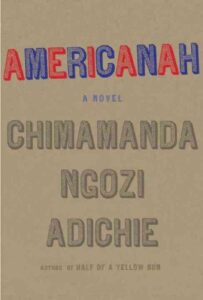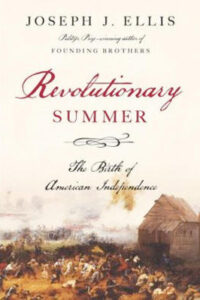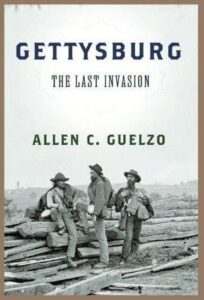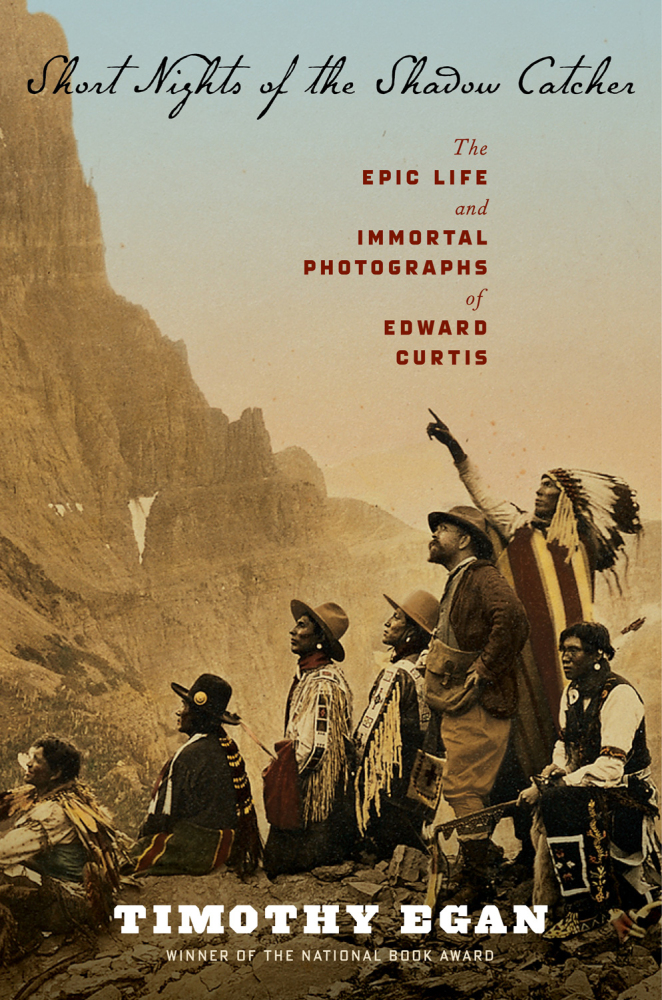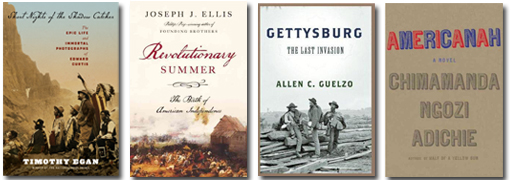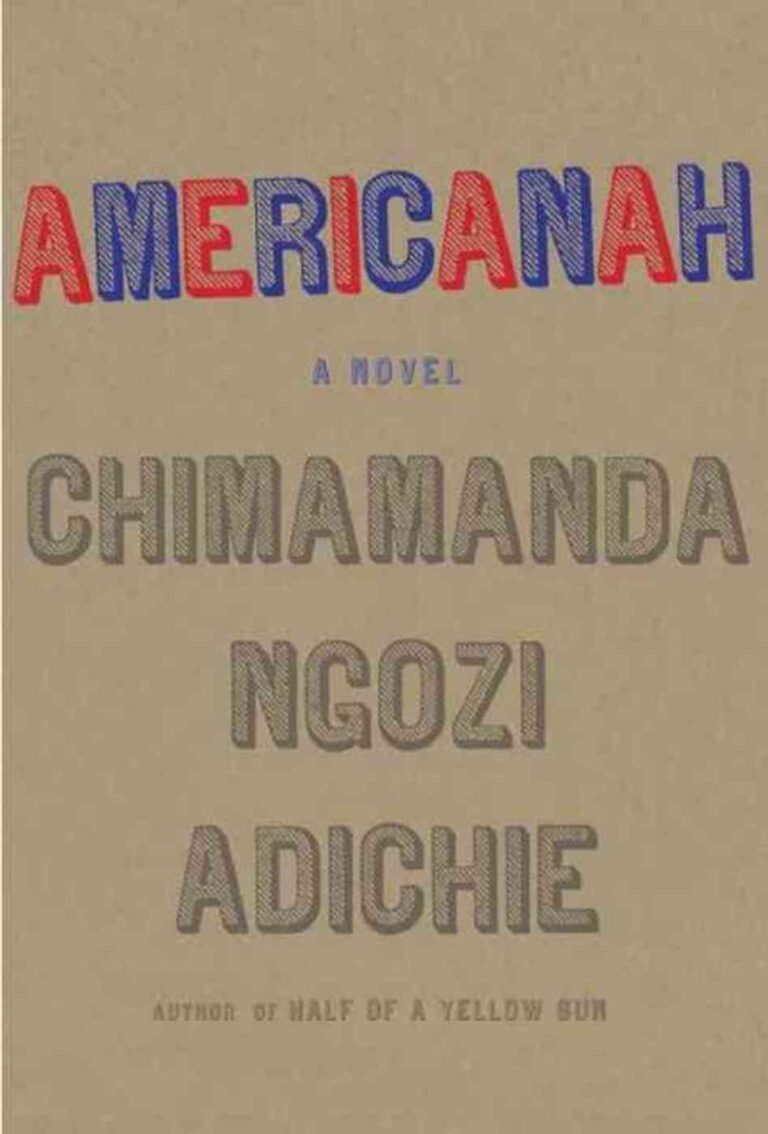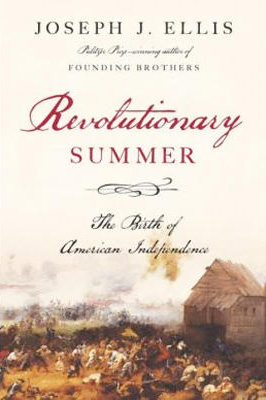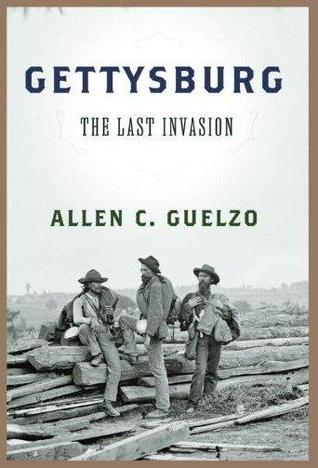You don’t need to buy a movie ticket to see this summer’s biggest blockbuster. Instead, fork over your cash for Revolutionary Summer: The Birth of American Independence by Pulitzer Prize-winning author Joseph J. Ellis (Founding Brothers). In this vividly drawn history of one significant season, the characters are compelling, the fight scenes tense and the political discussions both witty and fierce. In the summer of 1776, the 13 colonies chafed under British rule, demanding independence in an eloquent document penned by Thomas Jefferson. On the New York coast, General Washington unevenly commandeered thousands of green troops. Using a staggering amount of research, Ellis deftly brings together his actors (John Adams, Benjamin Franklin, Jefferson, Washington and, most memorably, the British Howe brothers) in scenes of political and military consequence. Although we know how the story concludes, Ellis makes readers see the human, fallible hands behind the precipitous events, resulting in a nail-biting, revelatory tale. (Nora Hickey)
